Nika Entertainment explained how to adapt your game to the Japanese market.
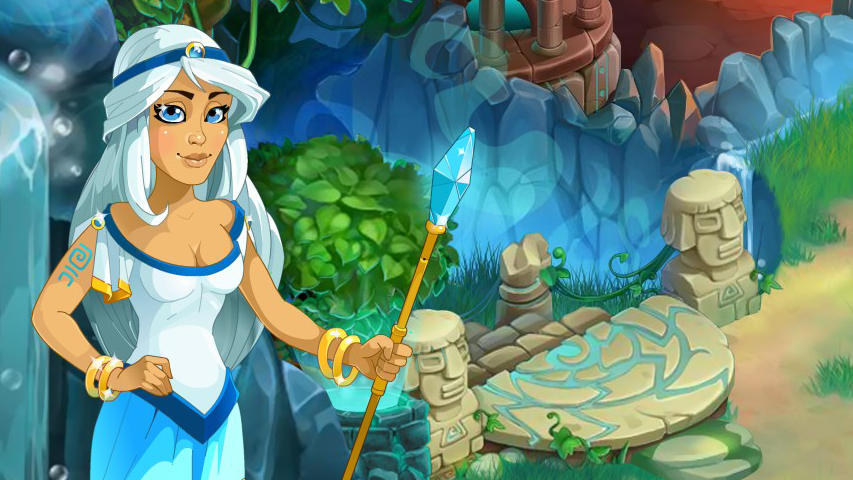
Every business requires expansion. New markets, new audience. It’s quite clear that Asia is a sweet spot for any gamedev entrepreneur. A market with hundreds of thousands of players offers new opportunities for projects promotion and monetization. But only those succeed who adjust to different culture and world perception.
Entering Japanese market is a crucible. There is a broad range of all kinds of products in front of the user, so the competition is fierce among developers. It’s surely one of the most hardcore markets to conquer, but it’s worth it. Japanese players are incredibly active, once you get their attention, and you’ll have an army of loyal fans and a big name.
We took by storm popular gaming platforms Mixi and Mobage that are popular among one-fifth of the population of Japan. Let us share our experience.
1. The way the game looks
When Nika Entertainment started localizing Atlantis Adventure for Japanese market tons of changes had to be implemented in the game. For example, almost all graphic assets. We removed all the dark colors from the color scheme.
Also, we got rid of all the characters that may resemble mutants to avoid any associations with events in Fukushima.
Compare our international version of “Compass” and the Japanese one:
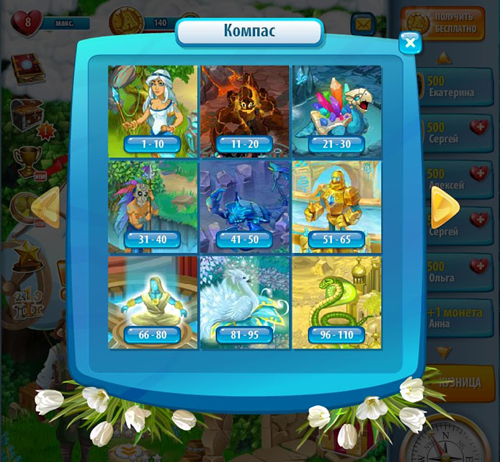
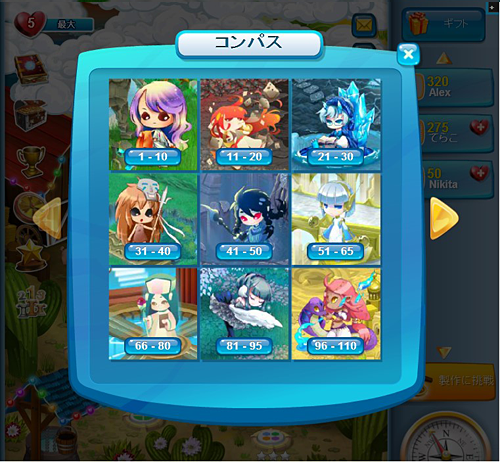
We focused on characters, their big shiny eyes, little bodies, fantasy clothes and animation of their movements. It’s a visual standard for all Japanese Entertainment industry. See how the setting and the character itself changed. We even changed the way the bridge looked like so that it matched the eastern architecture.
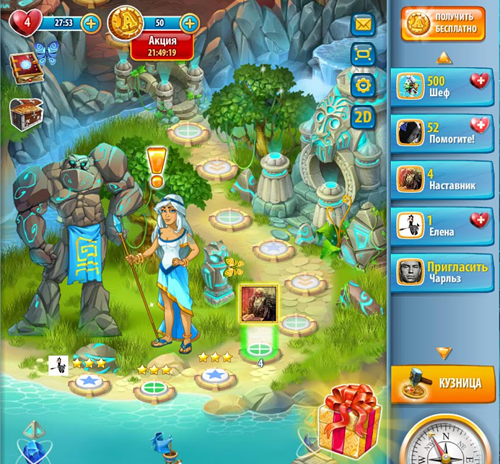
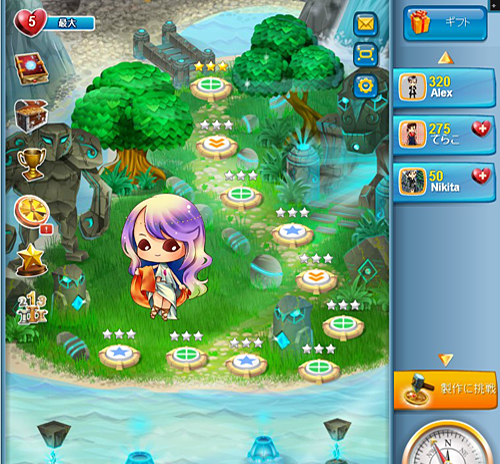
We changed sounds in the game: added more national drums and winds, built the melody according to the recognized standards. Anyway, Japanese audience is open to everything new: players may enjoy some electro sound or dynamic guitar riffs. Here is a large land for experiments.
2. New mechanics
The new interface isn’t enough for quality localization for Asian markets. If we decided to enter the Chinese market, we’d had to optimize and simplify the whole game so that it was compatible with less powerful devices. Japan and South Korea are different. Another culture – another quality requirements. Developers have to polish the game and work on level balance as hard as possible so that mechanics are always tangling.
3. Internal economy of the game
Pieces of clothing and other items may be sold pretty well. The main point here is to make them attractive for players.
The Japanese are aimed to break the record by themselves without using boosters or any purchased shortcuts. But they are ready to buy extra lives to extend their gaming sessions. We kept that in mind changing our IAPs.
4. The art of competition
People in Japan are extremely competitive. Intellectual competitions are as popular as sports ones. Many schools and other social organizations have their sports teams with their own fanbase. Any issue may become a reason to make a bet. They don’t mind showing off and publicly display their superiority. Considering these features, Nika Entertainment added more notifications in the game that tell you when your friend broke your record, completed more levels or achieved something. We also use some of this features in our international version of the game, but not as much as in Japanese.
5. User Support
People in Japan are very pedantic, so you should treat your users in the game and community the same way. React to all comments as quick as possible, listen to the users and respect their opinion. Any postponement is taken as disrespect, so local user support is vital.
Let’s sum it up
Don’t be afraid to change the game externally and internally.
Form a team of designers who will be responsible for new graphic assets. If you pay attention to all the cultural details, it’s going to take some time for sure. Also, you have to be quick and adjusting, no time for delaying. Your competitors don’t waste time and may release a similar game at the same time. Open a local department in Japan and give them enough space for creativity. You can also use some local outsourcing. You create a game not for The Japanese but together with them. Don’t forget about user testing which is better to be held by local counselors and analysts. Remember, you’ll never be able to understand another culture’s logic and mentality. Same deal with the ads, if something appeals to your emotions, it can’t find any response in Japan. Trust local experts.
We understood it through difficulties, but it was worth it. The game Atlantis Adventure has been in the top of Mobage platform for more than 40 weeks.
